Image of 1949 Studebaker 2r10, Note: These illustrations use artistic license and may differ from actual historical models.
Performance Metrics
Fundamental Metrics
Emotional Appeal
MMP Rating
| Engine Specifications | |
|---|---|
| Engine: | Inline 6 |
| Displacement: | 170 cubic inches |
| Horsepower: | Estimated 80-85 hp |
| Torque: | 125-130 lb-ft |
| Compression Ratio: | Estimated 6.5:1 |
| Ignition System: | Distributor and coil |
| Cooling System: | Liquid-cooled |
| Performance Specifications | |
| 0-60 Time: | Information not available |
| 1/4 Mile Time: | Information not available |
| Top Speed: | 70-75 mph |
| Transmission and Drive | |
| Drive Type: | Rear-wheel drive |
| Transmission Type: | 3-speed manual |
| Fuel and Efficiency | |
| Fuel System Type: | Carburetor |
| MPG: | Estimated 15-20 mpg |
| Dimensions and Brakes | |
| Brakes: | Drum brakes |
| Wheelbase: | 112 inches |
| Weight: | Estimated 3,000-3,500 lbs |
Note: Specifications for classic cars are given to the best of our ability, considering the limited and variant data available.
A Studebaker Like No Other: The 1949 2R10
With the post-war era came a hunger for innovation and a fresh start, and the 1949 Studebaker 2R10 arrived on the scene to satisfy that craving. This remarkable vehicle emerged from the Studebaker Corporation, an Indiana-based automaker that carved its name into the annals of American automotive history. The 2R10 wasn't just a truck; it was a symbol of resilience and forward-thinking design in a time of great change.
The 2R10 stood out for its role in transitioning from the utilitarian war-time vehicles to something that blended functionality with style. One unique fact about this vehicle is that it was part of Studebaker's first all-new post-war truck line, a testament to the company's commitment to innovation during peacetime.
Design and Innovation
The exterior of the 1949 Studebaker 2R10 was a departure from the pre-war design language. It featured clean lines, a bold front grille, and an aerodynamic shape that was ahead of its time. The interior was no less impressive, with a focus on driver comfort and practicality. Materials used within were durable yet inviting, reflecting the vehicle's dual nature as a workhorse and a piece of modern design.
For its era, the 2R10 boasted technological advancements such as improved suspension systems and a more efficient engine layout. Color options were varied for the time, with Rio Green, Maui Blue, and Tucson Tan being popular choices that added personality to this rugged machine. Among the body styles available, the half-ton pickup version became iconic, representing the quintessential American truck of the late 1940s.
Historical Significance
The Studebaker 2R10's impact on automotive design was profound. It helped set a precedent for integrating style with utility in trucks, influencing future generations of pickups. Its design philosophy resonated with a society eager to embrace modernity while retaining practicality, ensuring its place in automotive history.
Performance and Handling
Performance-wise, the 2R10 was respectable for its time. While top speed and acceleration figures may seem modest by today's standards, they were competitive in its day. The truck handled well on various terrains, absorbing bumps with grace and maintaining composure on windy roads. Driving the 2R10 was an experience characterized by the throaty hum of its engine and the solid feel of its construction.
Ownership Experience
The 1949 Studebaker 2R10 served multiple purposes, from being a reliable daily driver to an attention-grabbing show car. Its maintenance and reliability were commendable, with many owners appreciating its straightforward mechanics and ease of repair.
Fun Facts
This Studebaker has its share of trivia. For instance, certain models came with an optional climatizer system—a novelty at the time. While not known for breaking speed records, it set benchmarks for truck design and functionality. Criticisms were few but often pointed towards its conservative engine power when compared to some rivals.
Collector's Information
Today, the 1949 Studebaker 2R10 holds a special place among collectors. While production numbers were not as low as some limited-run vehicles, finding one in pristine condition can be challenging. Values range widely based on condition, but a well-restored 2R10 can fetch a significant sum, often appreciated by enthusiasts for its blend of style and historical importance.
Conclusion
The 1949 Studebaker 2R10 is more than just a classic truck; it's a piece of American history that embodies the spirit of an era. It stands as a testament to Studebaker's vision and remains a beloved icon among classic vehicle collectors. Its legacy is not merely in its design or performance but in its enduring influence on the automotive world.
1949 Studebaker 2r10 Catalog of Parts
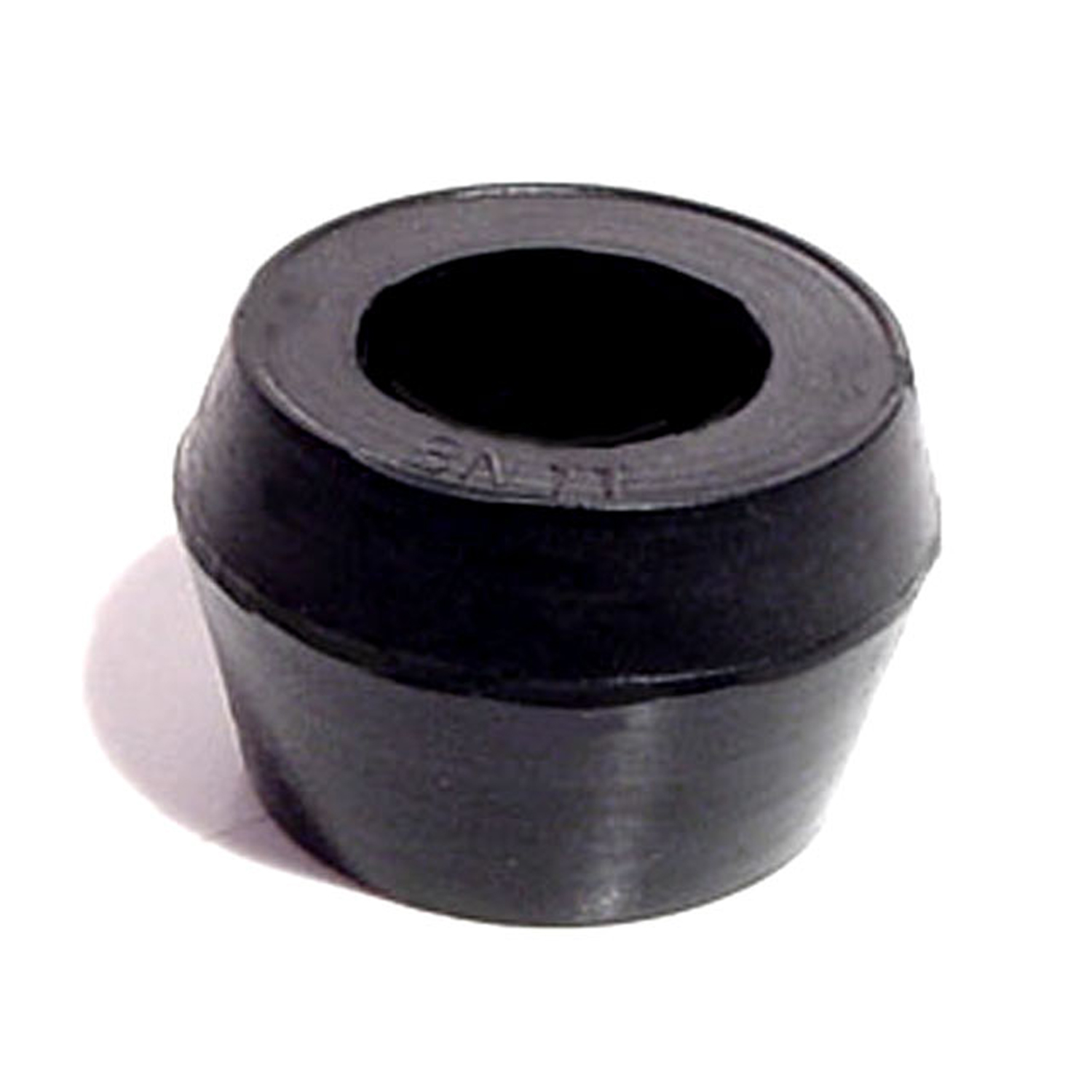 1949 Studebaker 2R10 Shock Absorber Grommet. 1" bottom O.D-BN 11Shock Absorber Grommet. 1" bottom O.D., 3/4" high, with 5/8" I.D. Each
1949 Studebaker 2R10 Shock Absorber Grommet. 1" bottom O.D-BN 11Shock Absorber Grommet. 1" bottom O.D., 3/4" high, with 5/8" I.D. Each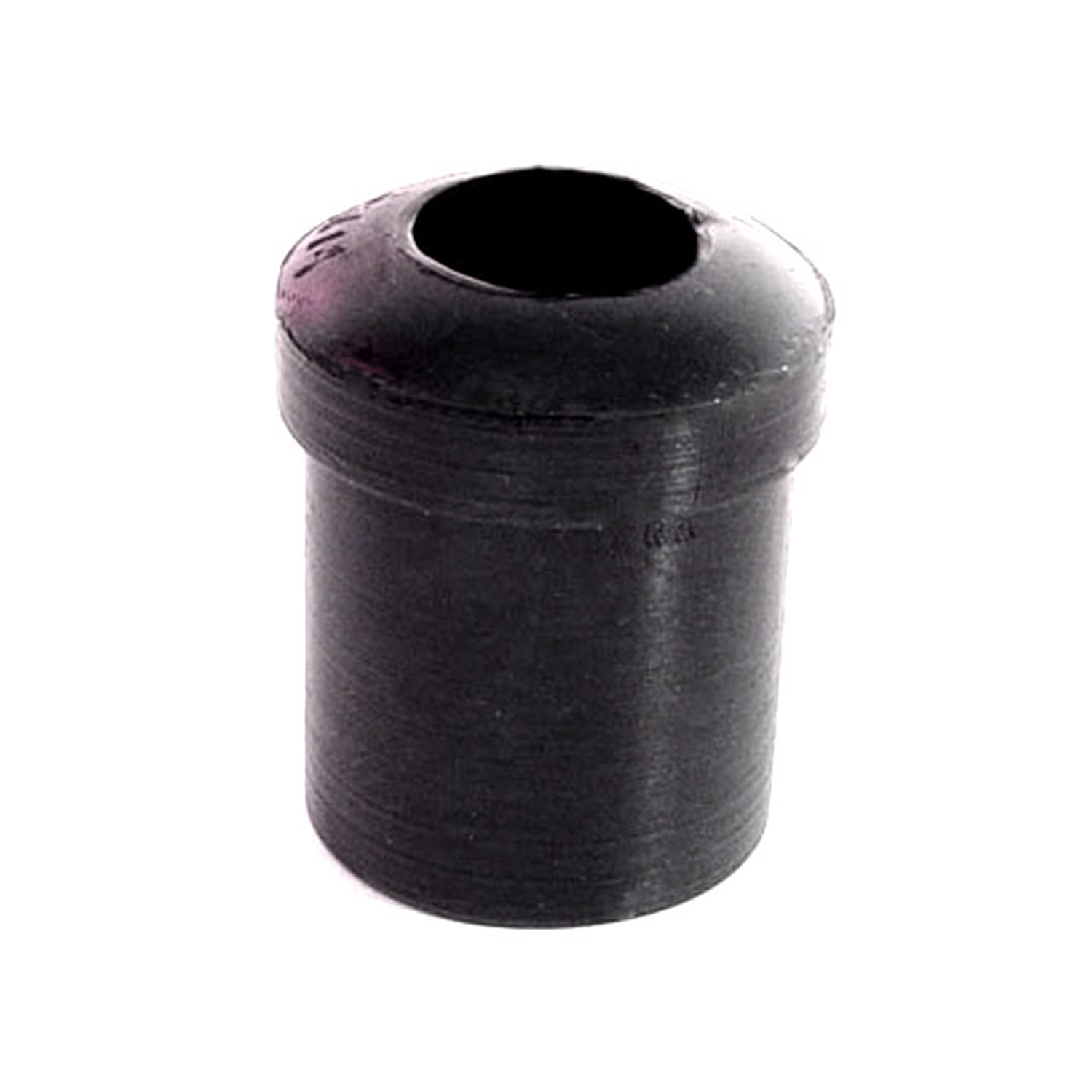 1949 Studebaker 2R10 Spring and Shackle Bushing. 1-1/16" bottom O.D-BN 14Spring and Shackle Bushing. 1-1/16" bottom O.D. X 1-1/2" high, with 5/8" I.D. Each
1949 Studebaker 2R10 Spring and Shackle Bushing. 1-1/16" bottom O.D-BN 14Spring and Shackle Bushing. 1-1/16" bottom O.D. X 1-1/2" high, with 5/8" I.D. Each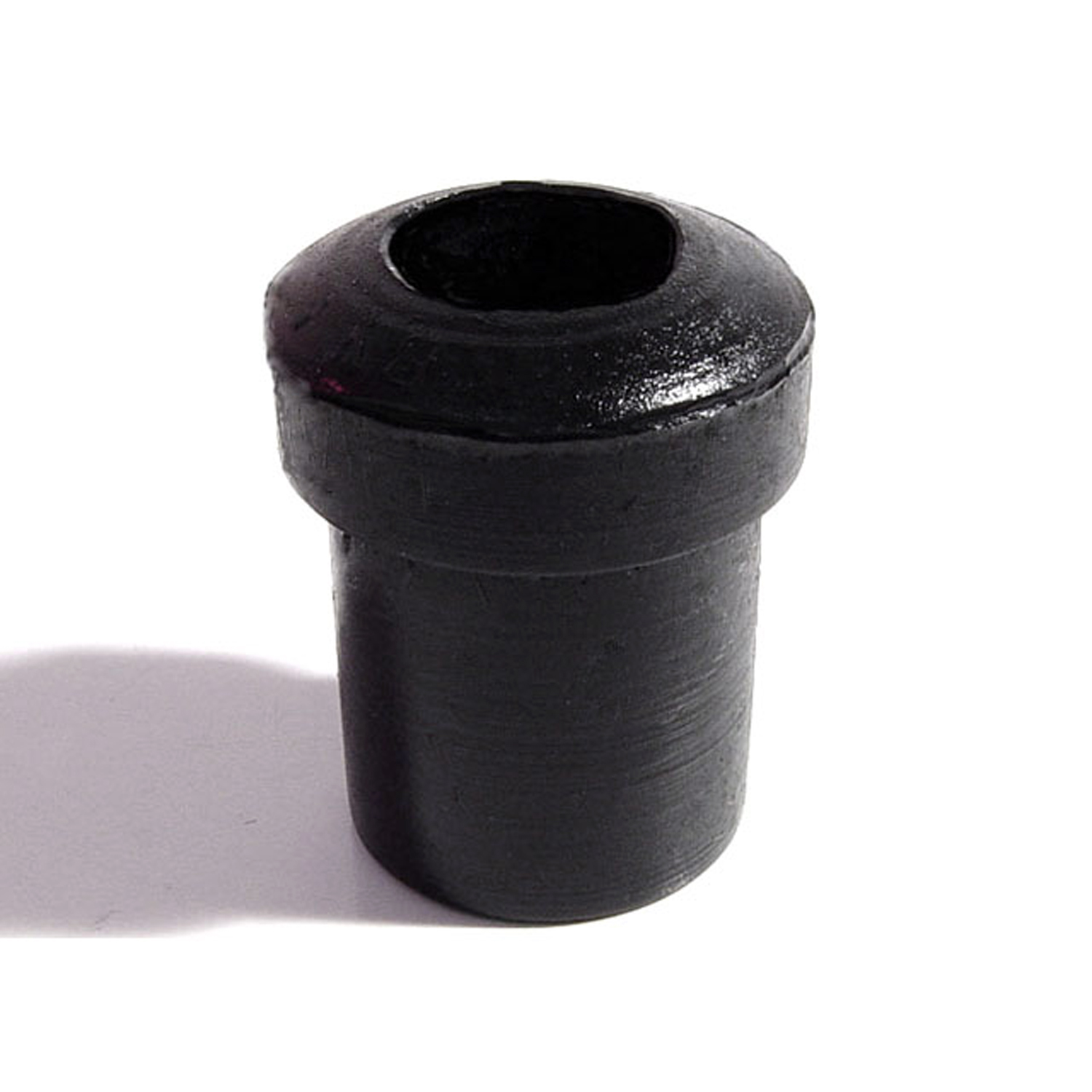 1949 Studebaker 2R10 Spring and Shackle Bushing. 7/8" bottom O.D-BN 16Spring and Shackle Bushing. 7/8" bottom O.D. X 1-1/8" high, with 1/2" I.D. Each
1949 Studebaker 2R10 Spring and Shackle Bushing. 7/8" bottom O.D-BN 16Spring and Shackle Bushing. 7/8" bottom O.D. X 1-1/8" high, with 1/2" I.D. Each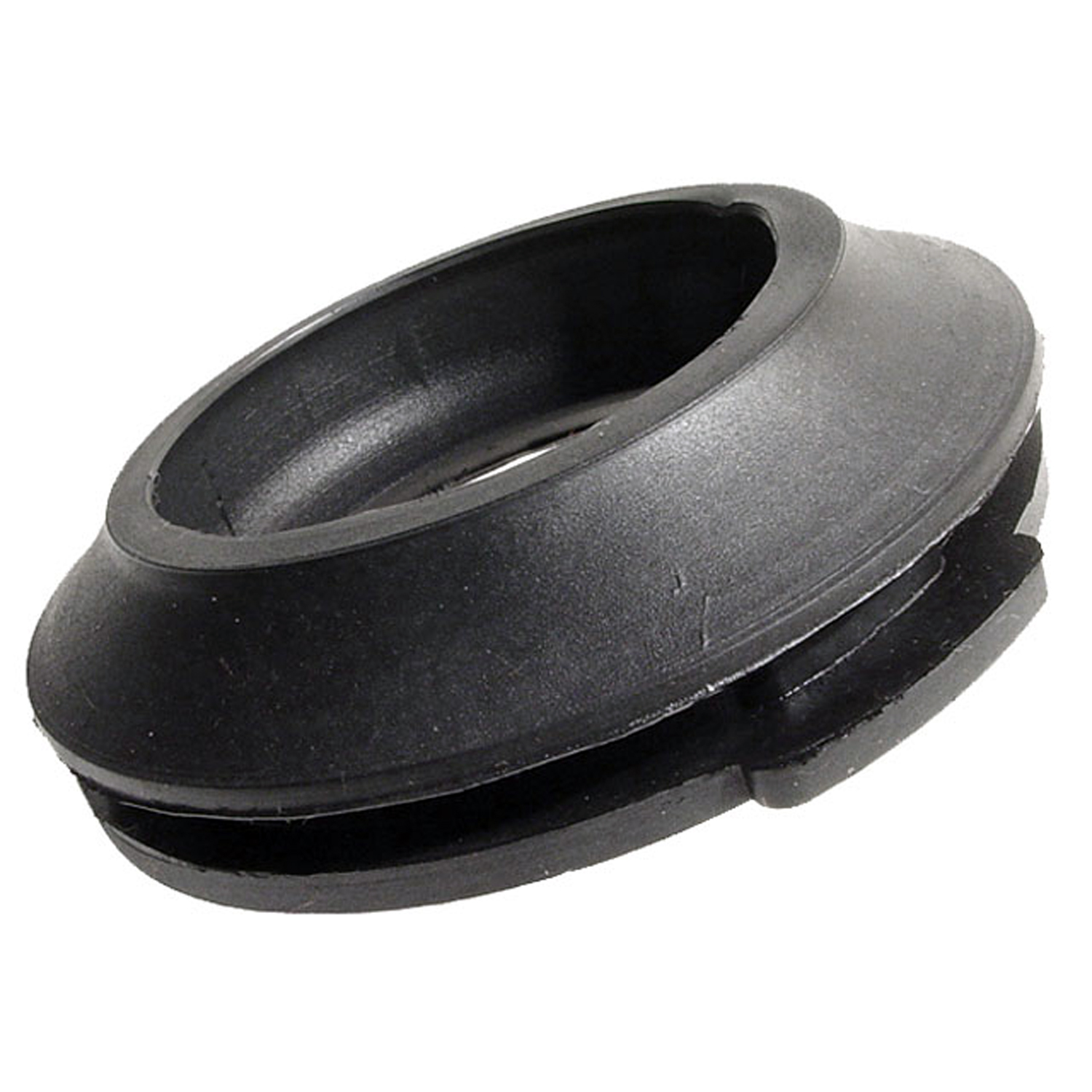 1949 Studebaker 2R10 Gas Filler Grommet. Perfect reproduction. Top 2-1/16" I.D-GF 45Gas Filler Grommet. Perfect reproduction. Top 2-1/16" I.D., 3-7/16" O.D. Each
1949 Studebaker 2R10 Gas Filler Grommet. Perfect reproduction. Top 2-1/16" I.D-GF 45Gas Filler Grommet. Perfect reproduction. Top 2-1/16" I.D., 3-7/16" O.D. Each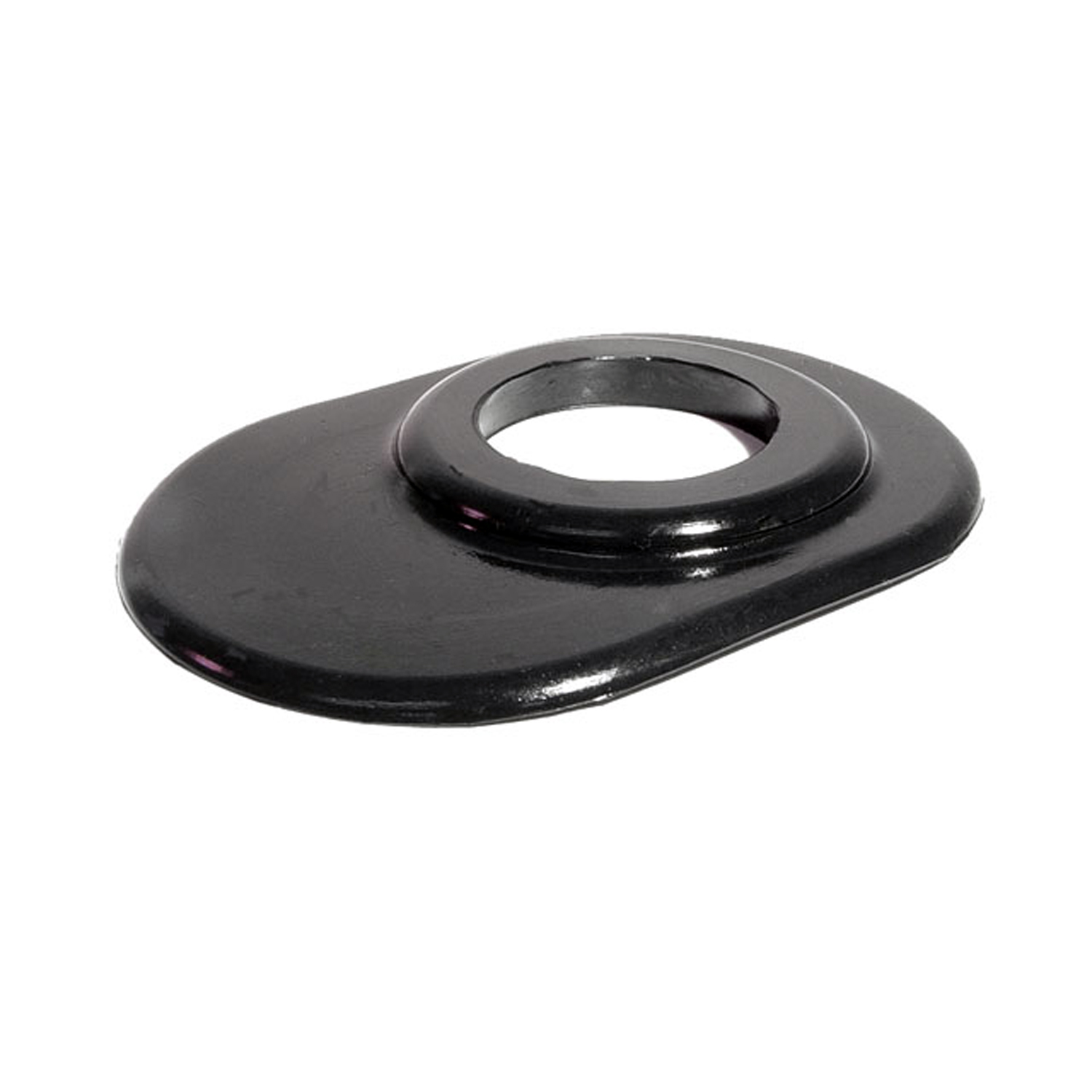 1949 Studebaker 2R10 Steering Column Grommet. For 4-speed models. Each-SC 24Steering Column Grommet. For 4-speed models. Each
1949 Studebaker 2R10 Steering Column Grommet. For 4-speed models. Each-SC 24Steering Column Grommet. For 4-speed models. Each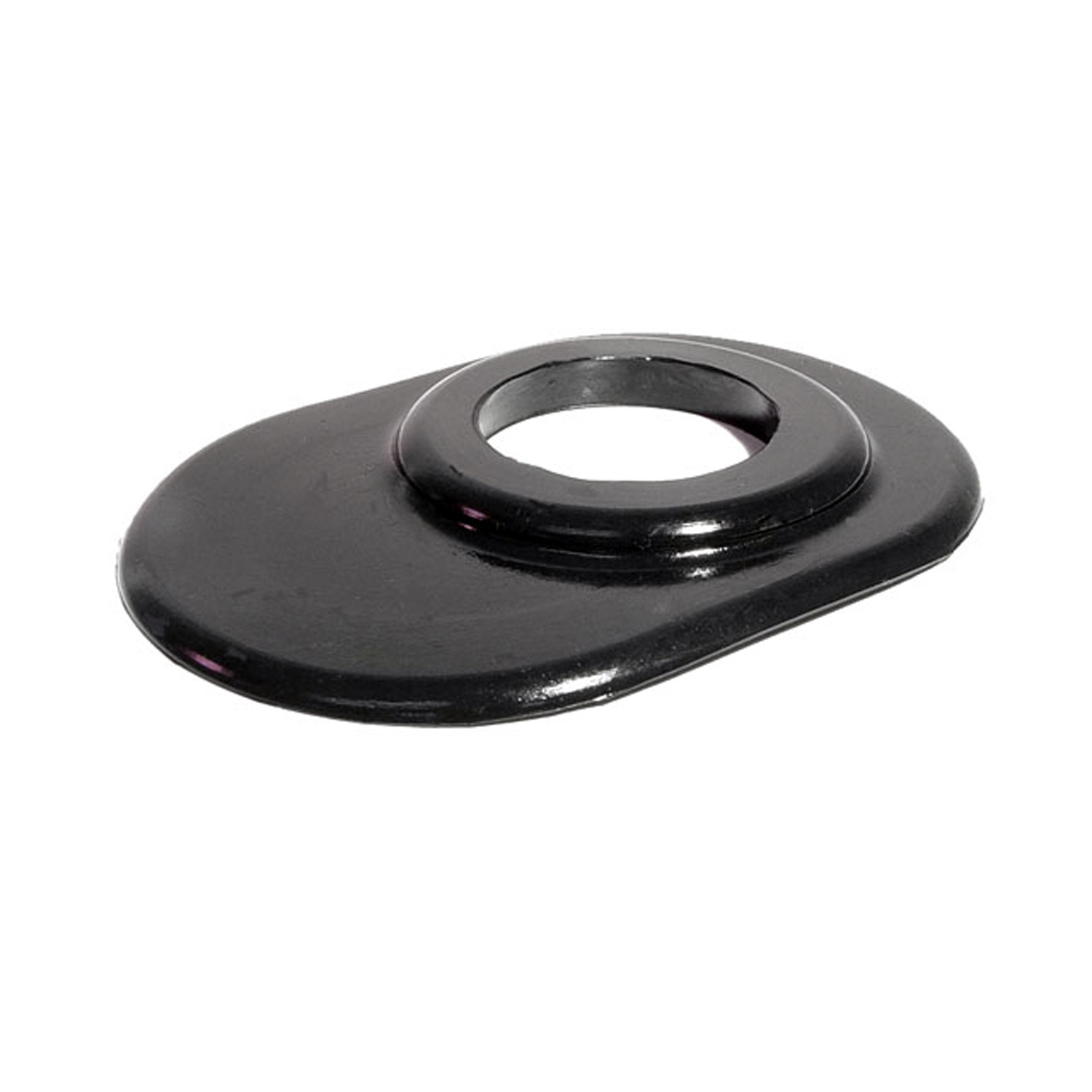 1949 Studebaker 2R10 Steering Column Grommet. For 3-speed models. Each-SC 24-ASteering Column Grommet. For 3-speed models. Each
1949 Studebaker 2R10 Steering Column Grommet. For 3-speed models. Each-SC 24-ASteering Column Grommet. For 3-speed models. Each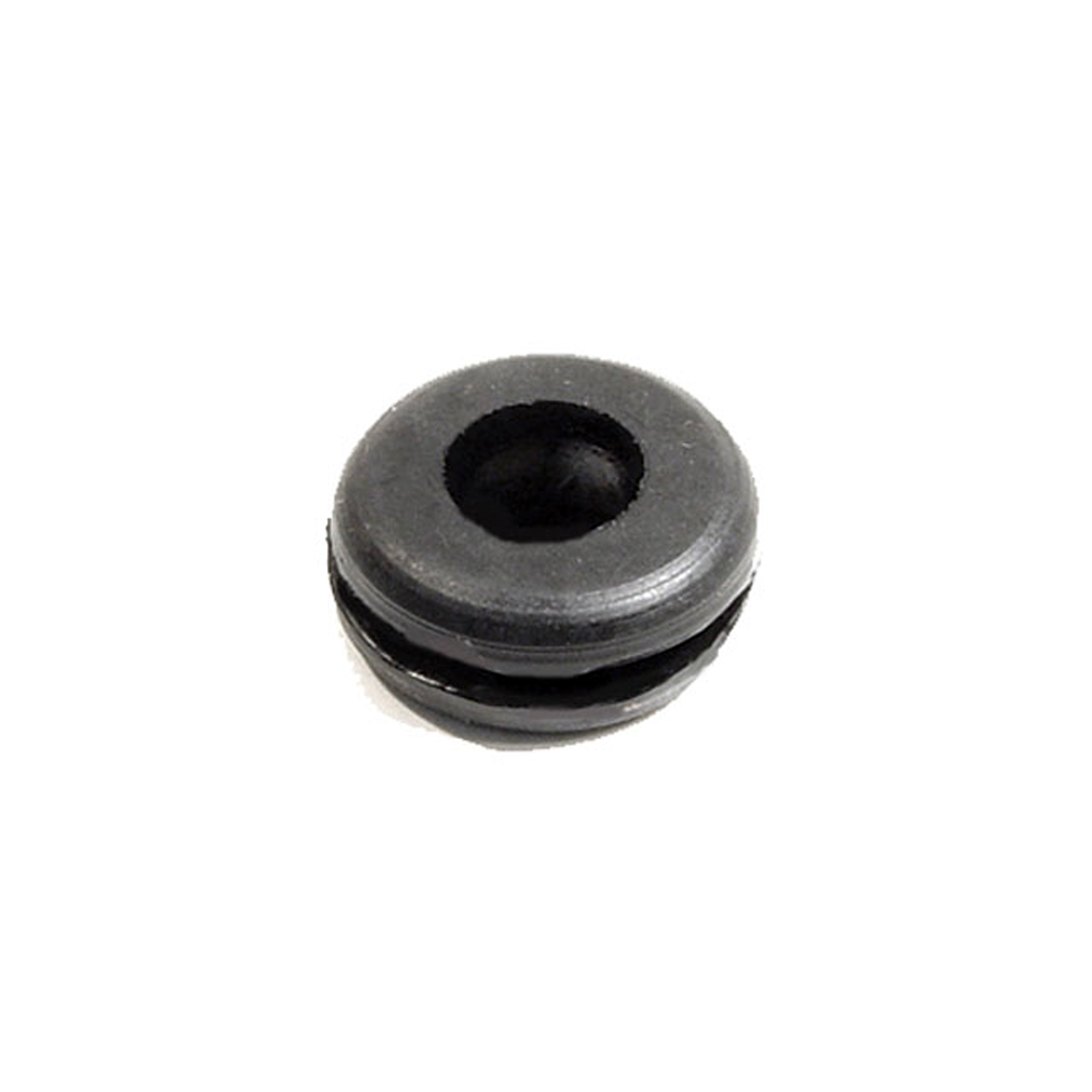 1949 Studebaker 2R10 Headlight & Tail-Light Wire Grommet. 3/8" I.D., 7/8" O.D-SM 13-AHeadlight & Tail-Light Wire Grommet. 3/8" I.D., 7/8" O.D. Each
1949 Studebaker 2R10 Headlight & Tail-Light Wire Grommet. 3/8" I.D., 7/8" O.D-SM 13-AHeadlight & Tail-Light Wire Grommet. 3/8" I.D., 7/8" O.D. EachWhy Choose Metro?
For over 100 years, Metro Moulded Parts has been the pinnacle of quality in classic car restoration parts. Our commitment to precision and authenticity in every component ensures a perfect fit and an OEM-level appearance.
- Expert Craftsmanship & Quality: Each part is a testament to our dedication to reliability and perfection, crafted from original designs and thoroughly tested.
- Advanced Technology: We use cutting-edge techniques to create flawless, long-lasting parts that surpass others in performance.
- SuperSoft Sponge – The Ultimate Door Seal: Not only are our door seals 30% softer than competitors', but they're also guaranteed to never leak. They effectively reduce wind and road noise, enhancing your classic car's comfort and driving experience.
- Proudly American: Our parts are a product of American craftsmanship, made in the USA with a spirit of excellence and heritage.
- Unrivaled Warranty: We back our products with a 30-year industry-leading warranty, a testament to our confidence in their quality.
Join us in preserving the legacy of classic cars with parts that are crafted for perfection, not just made.

